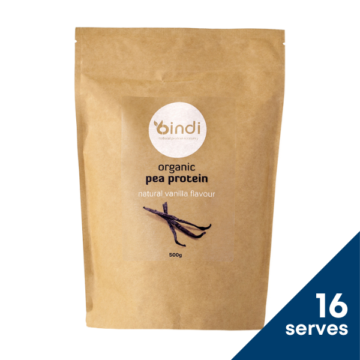The health benefits of participating sports are both physical and mental and are well known to us all. Keeping physically active can benefit your cardiovascular and bone health, aid in maintaining a healthy weight, and improve sleep and mental well-being. However, sport carries with it the risk of injury, and most of us will face an injury at some point. One study showed 3 out of 10 elite teenage athletes reported injuries each week. Recovery from injury can be complex and rehabilitation requires physical therapy and nutritional plays a vital role too.
Key Points:
- Athletes will have reduced energy requirements during injury
- Cutting energy intake too far will result in muscle loss
- Increasing protein intake can help muscle synthesis
- Increasing protein intake can help avoid fat deposition
- Spreading protein throughout the day makes a difference
- A balanced and nutritious diet is vital
- Omega-3 Fatty Acids may help with muscle repair and inflammation
Macronutrients: Energy
Getting the balance of energy for an injured athlete can be tricky. Often, athletes go from a high training load to a reduced program, and so their energy requirements can decline. However, maintaining adequate energy intake is vital in this period.
If athletes under-consume or restrict energy it can accelerate muscle loss in periods of rest or immobility such as after surgery.
Consuming enough energy means that amino acids can be used for protein synthesis in the body, which maintains muscle mass. Consuming too much energy can result in fat deposition.
How much energy is needed to get the balance right? As a minimum to avoid muscle loss, athletes need require 25–30 kcal/kg of body weight. For a 60kg athlete, this would be in the range of 1500-1800 calories per day.
Macronutrients: Protein
Protein consumption is crucial in the recovery period after injury, and particularly if there is sudden inactivity such as after surgery. Disused muscles can atrophy or shrink at a rate of 0.5% per day, which could be a loss of 150–400 g of muscle tissue from a leg within the first 1-2 weeks post injury.
Muscles not only lose mass when they are not used, but significant strength as well. An 8% quadriceps muscle loss can result 23% decline in muscle strength. New protein synthesis is decreased, which along with inflammation can result in a loss of muscle strength and density.
Consuming enough protein (over 2.0g/kg/day) spread throughout the day not only helps retain muscle mass and strength but it also protects the athlete from fat deposition.
Muscle growth rates were improved by 25% in healthy athletes when the protein was evenly distributed across all meals for the day.
Aim to include protein in all meals, including breakfast. Try eggs for breakfast, a chicken and sweet potato salad for lunch, then salmon and stir fry veg and noodles for dinner. Adding in a high protein snack before sleep such as natural yoghurt plus a serve of Bindi Pea Protein can increase amino acid availability during overnight sleep, which is proven to increase muscle protein growth rates and recovery.
How much protein is needed? As a minimum, aim for 1.3–1.8 g/kg body weight when over as 3–4 meals to maximise muscle synthesis. For a 60kg athlete, this would be 80-110g protein as a minimum. Some studies recommend higher, from 1.6-2.5 g/kg per day, 4–6 times, every 3–4 h, in amounts of 20 –35 g (one serve of Bindi Pea Protein contains 23g protein)
Omega-3 Fatty Acids
We know that omega-3 fatty acids from fish oil can regulate muscle protein synthesis and enhance the body’s sensitivity to amino acids. Omega-3 fatty acids and fish oil are also recognized as antioxidants, having anti-inflammatory properties. The evidence regarding reducing inflammation in injury is inconsistent, however overall, they may be beneficial to an injured athlete.
Summary
The human body has significant nutritional demands when faced with an injury or inflammatory challenge. At this time, it is crucial that the athlete consumes an adequate and balanced diet, addressing both macro- and micronutrient intake. The challenge is to maintain muscle mass and reduce inflammation, without gaining body fat through this period. A recovery dietary strategy will include adequate but not excessive carbohydrates, increased protein spread throughout the day, and a full range of micronutrients to assist in healing and repair. Adding Protein and Supergreens supplements during injury recovery to assist in meeting your nutritional requirements.
TRY BINDI recovery PRODUCTS:

